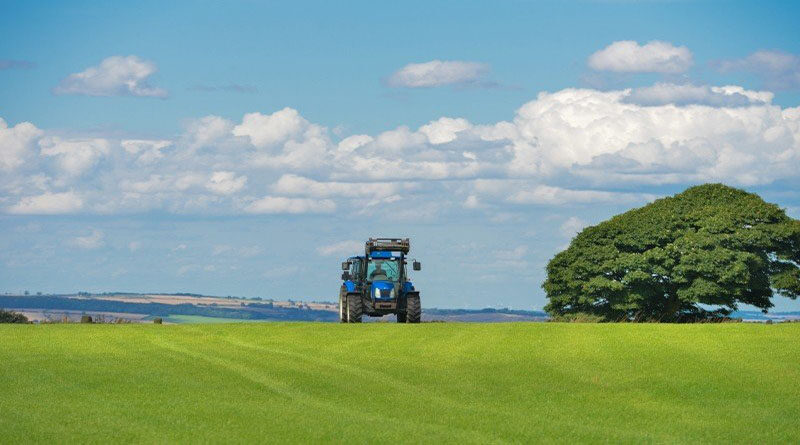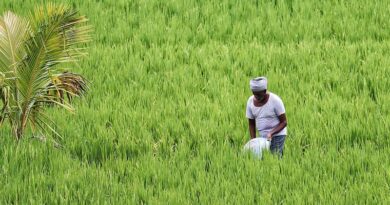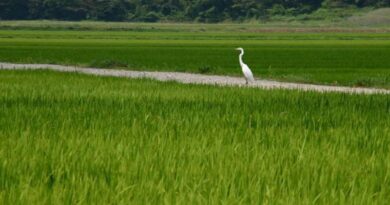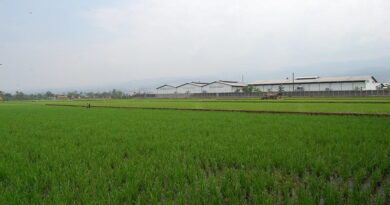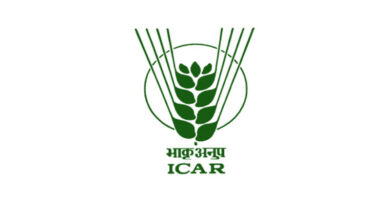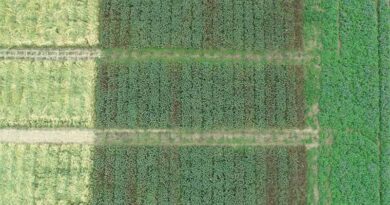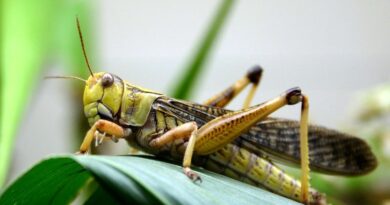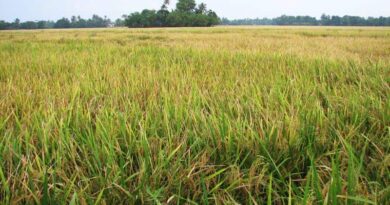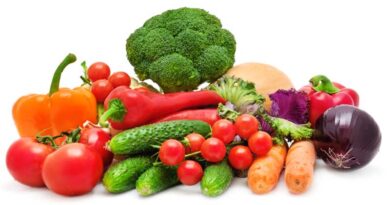Use of Technology for Sustainable Farming Practices
05 February 2021, New Delhi: ICAR research institutes and KVKs have taken steps to develop/refine and promote sustainable farming practices in the Country through use of technology.
Indian Council of Agricultural Research (ICAR) has developed 63 Integrated Farming System (IFS) models by involving ICAR Institutes, State Agricultural Universities and farming community of 18 states. These models are suitable to 26 States and Union Territories in the Country and have the potential to increase the income of farmers by 2 to 3 times or more vis a vis existing systems/practices in a period of 3 to 4 years. ICAR has also developed 51 organic cropping systems suitable for adoption in 12 States. The benefits besides enhanced income include; improvement in cropping intensity, suitability for multi-tier farming, reduced input cost (30 to 72% reduction) due to recycling of nutrients, on-farm generation of nutrients (about 134 kg N, 55 kg P2O5 and 106 kg K2O /ha/year), improvement in soil organic carbon (upto 22% in 5 years), employment generation (400 to 950 man days/y) and better sustainability (sustainability index ranging between 0.50 and 0.90).
The promotion of the new and improved varieties/farming practices is primarily undertaken through a network of 722 Krishi Vigyan Kendras (KVKs) established at the district level in the country. KVKs imparted training to 16.82 lakh farmers during last 1 year. KVKs executed 2.44 lakh frontline demonstrations on various crops, livestock and other enterprises and organized 10.95 lakh extension activities with the participation of 183.66 lakh farmers during last one year. Besides, cluster demonstrations on organic farming under Paramparagat Krishi Vikas Yojana is being implemented by 411 KVKs covering 8220 ha area since 2019-20. A total of 22240 farmers were trained on different aspects of organic farming during last one year.
ICAR has undertaken research for development of crop varieties that are resistant to diseases and extreme weather conditions.
During the last 6 years, 910 varieties which are resistant, tolerant or moderately tolerant to various diseases have been developed. Besides, 37 flood and/or submergence tolerant varieties and 137 drought or moisture stress tolerant varieties have also been developed during the period. The varieties once released by the research system take 3-4 years for completion of the certification process and multiplication through the identified agencies for marketing.
This information was given in a written reply by the Union Minister of Agriculture and Farmers Welfare Shri Narendra Singh Tomar in Rajya Sabha today.
Also Read: The Micro Irrigation Fund (MIF), with a corpus of Rs. 5,000 crores has been created under NABARD
Photo on Visualhunt

